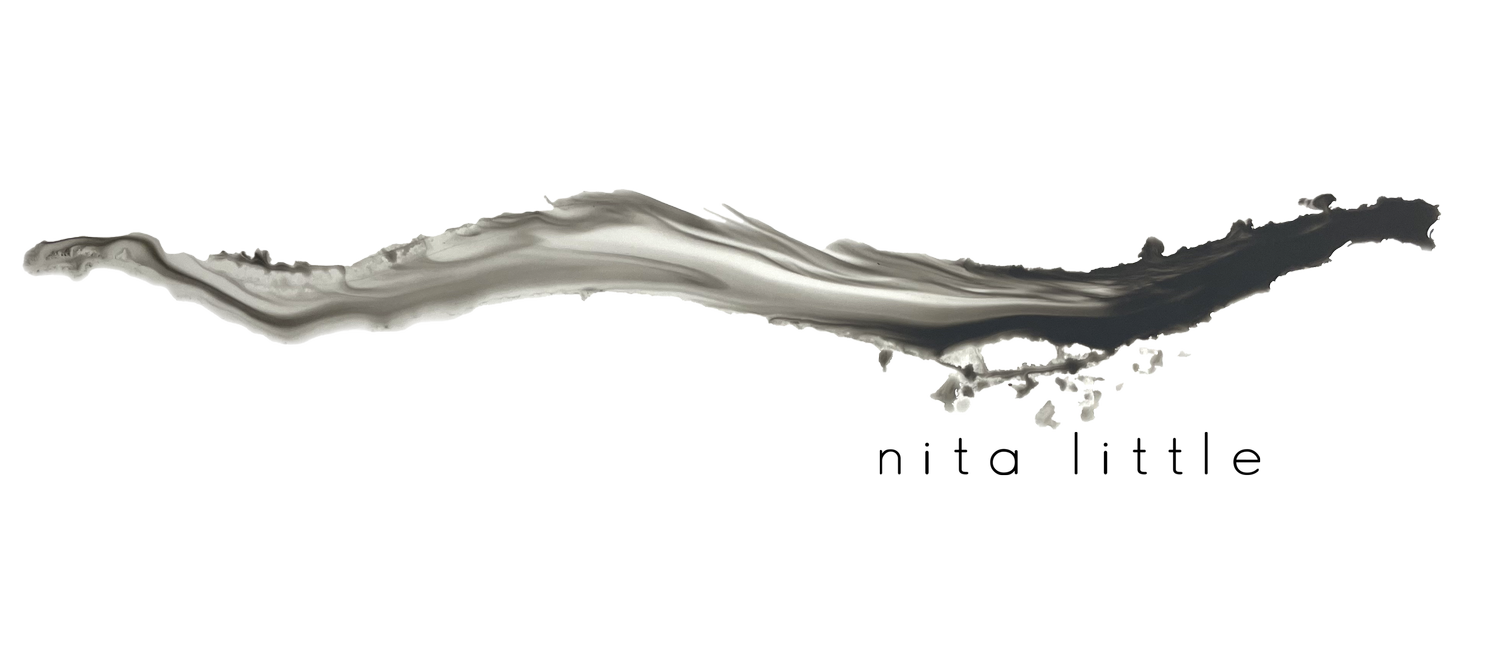July Asides
What's in a thought?
This is an experiential guide, thinking about thinking, and not a clinical one.
More than once this past tour I had cause to speak about thinking and its effect on our attention, our physicality, our feelings and ultimately, our dancing relations. I usually began this way, quoting a former NLP (neurolinguistic programming) teacher of mine, Robert McDonald, “We have thoughts, but we are not our thoughts.”
Thinking organizes our experience, shapes our actions, and especially, shapes our attention. Importantly, it is also shaped by our attention, so there is a reciprocal element to it. (This reciprocality is critically formative. Too big a subject for now, so I'll explore it in our July Breaking Bread). It feels like thinking is real, an important part of our knowing what is happening and of who we are. And it is important, except that it is massively fluid, unstable, and while it can get stuck, it evaporates in a blinding second, often leaving a wake of feelings. Cultures, societies, and governments work very very hard to stabilize our thinking for us, so that we live in agreement with others – you do notice, don’t you, that humans seek agreement? Shall I mention to you the minimum of 12 years in school you likely did, some of us more, the mightiness of the dollar bill or whatever currency you use, and a massive number of life scores we all pay into, our daily dancing into and out of buildings, around on streets, managing physical, computer, and internet highways, seeking places of worship and Friday night pizza with friends interrupted by text messages? Shall I mention that we are all addicted to believing our thinking? If not that, then what?
But, you still aren’t your thinking any more than you are your agreements. You have agreements, and you have thinking. You have a dog, you have lunch. These things are an aspect of your being an experience, and yet they are not you. They are important, but they are not you. *Forewarning: I could not tell you who, what, or why you are. As my dad said to me when I asked him at age 11 what life was about, “that is for you to find out…” Well, no, he was full of himself, and what he actually said was, “That’s for me to know and you to find out.” I still find the question a fluid target.
To confuse your thinking with reality is problematic. We seek the real and the true, and we must, but we also must not think, having found something there, that it is the actual. We could define the actual as what you are experiencing, and it will change with your thoughts. Your thoughts form the shape of the lived moment; they organize your present, shaping your future, your perceptual reach, your relationships, your knowledge base, your chemistry and your bodily based feelings while also endlessly reshaping your past. Your thoughts are both brain based and bodily based actions that come in a huge variety of modes often contradicting one another. “You” get to choose what to pay attention to, what to enforce and how, and what matters. I would call you an artist of experience. So, what do “you” want? What is this thought doing?
We dance, and doing so, we allow our better angels to take flight. Our next thought might “ground” us. So, where does that ground leave us? What agreements do we want to hold as bedrock, and which bind the breadth of our wings?
